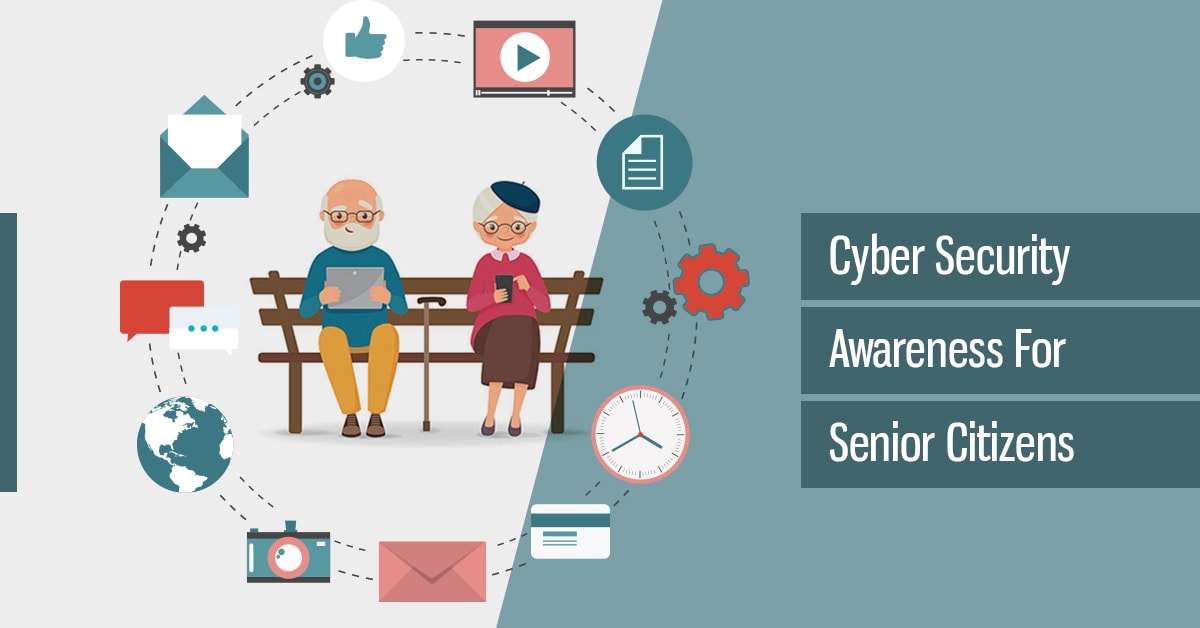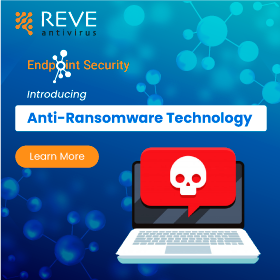
Using the internet lets you keep learning, connect with your loved ones and enjoy leisure activities. Older adults are increasingly becoming digitally savvy-but for some, the online world is a dangerous place. With more and more people are getting to grips with the Internet, cyber crimes such as online fraud and attacks are on the rise. The elderly group, unfortunately, have become a prime target for such cyber crimes. Also, many older adults are unaware of the extent of the danger and find it quite difficult to believe that they are the prime target of online scams. These risks can be avoided as long as the user follows some basic rules of the road. Encouraging senior citizens to practice online safety can go a very long toward protecting their private information and identity. This blog post will make learning about security awareness informative. But, let’s first check the growth patterns for elderly folks using the internet.
Do Older Adults Actually Surf The Internet?
As previously mentioned, the internet is a great place filled with lots of information. The reasons older adults use the internet are as varied as the web users themselves. All in all, the internet is a great place for older adults to:
- Read the latest news and enjoy leisure activities
- Keep in touch with their loved ones
- Shop online, manage bank accounts
- Share and receive pictures and other information
- Get medical advice and access medical records
- Explore and share religious and political views
Unfortunately, all such reasons can make senior citizens an easy target for cyber criminals. Keeping that in mind, here are some cyber security awareness tips to protect senior citizens online.
Use Best Antivirus Software
This is one of the simplest and most effective ways to keep sensitive or confidential personal data safe online. While many laptops and computers come with in-built security software, it’s worth installing antivirus software on your computer, laptop, and mobile phone from a reliable source. Best security software will look for and remove potential threats before they can infect your PC or laptop. And, to make the most of the security product, it’s important to run it at least twice a week and make sure it’s updated. Be wary of security updates from pop-ups messages or online ads. They may actually be viruses and malware that could infect your PC and steal your personal information.
Update Operating Systems
Just like your internet security software, it’s crucially important to keep your operating systems (OS) as updated as possible. Not keeping the OS up-to-date can result in serious consequences such as cyber crime attacks, loss of personal data, viruses, and other malware, affecting both your system and personal security. Whenever an update is released, download and install it immediately. Do not interrupt updates by restarting or unplugging your device.
Backup Your Data
If something unexpected strikes, it’s best to be prepared. Dealing with a cyber attack or losing your personal data can be emotionally as well as financially taxing. However, this can be avoided, if you backup your valuable data such as personal photographs and sensitive documents on a regular basis. For better protection, make sure you have a reliable backup program installed in your device.
Choose A Tough Password
Most of the senior citizens do not use the password security feature on their internet-enabled devices such as laptops and mobile phones. However, passwords are important. If you want to keep your online accounts and personal data safe, it’s important to understand how to draft a tough or unique password. Passwords should be lengthy including 10 to 15 characters and a mix of letters, numbers or symbols. It is recommended to have separate passwords on each of your online accounts. Since, passwords can be easily cracked by cyber crooks, adding multi-step authentication to online accounts provides an additional layer of security.
Avoid Using Unsecured Open Wi-Fi Resources
Let’s face it- Free WiFi seems appealing, but it is also vulnerable to various security issues. Be wary of using internet cafes and shared WiFi networks, in case you do, do not access your personal online accounts or important data while connected to that unsecured network. VPNs or Virtual Private Networks are excellent tools in such situations. A VPN hides your IP address and hackers tend not to bother about the information collected via VPN.
Follow the above-stated cyber-security awareness practices and continue to educate yourself as well as others about ways to stay protected while using the internet.
- RaaS : The Dark Side of SaaS
- Hackers Target MOVEit Transfer’s Zero-Day Vulnerability, Emergency Patch Deployed
- How Scammers Are Utilizing ChatGPT? Few Tips To Be Safe
- World Backup Day: Why Data Backups are Important in Cybersecurity
- What is Social Engineering and How Cyber Criminals Use It
- Things To Know About Personally Identifiable Information (PII)
- What is Data Breach? Why and How It occurs? How To Prevent Data Breach


